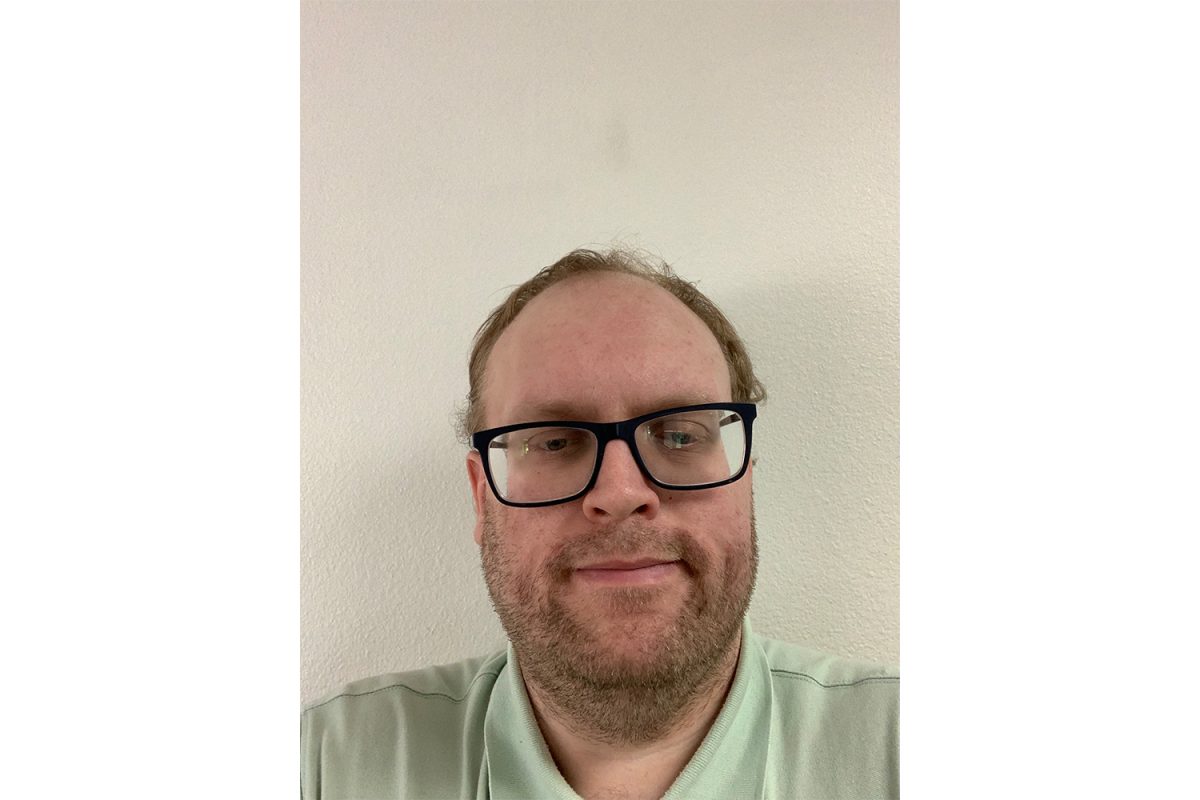The Living Memoirs Project aims to promote greater understanding and appreciation of diversity, religion, and culture in the Iowa City community. This article is part of a series of guest columns to showcase the project’s work and is not affiliated with The Daily Iowan.
Despite the average age of diagnosis for autism spectrum disorder being just under four-and-a-half years old in the United States, Iowa City resident Joel Wesselink did not receive his diagnosis until he was 25 years old.
Wesselink said in the small rural town of Wapello, Iowa, there were not many resources to spread awareness about autism.
This led to his eventual misdiagnoses of ADHD, anxiety, and depression, while social workers, doctors, and teachers attempted to “correct” his stims — which individuals with autism and other neurodivergent people use as emotional regulation — such as tapping his foot, rocking back and forth.
Eventually, while studying journalism at the University of Iowa, he said he started seeing a counselor at UI Student Health, where he was informally diagnosed with autism spectrum disorder in 2009. Six months later, he got fully tested but said he did not want to open the letter containing his results because he did not want to believe that he could have autism.
Two to three years later, he confirmed this once he viewed his test results for the first time.
Although Wesselink’s formal diagnosis of autism spectrum disorder shed light on the reason behind many of his past experiences, he said it did not come without its share of problems. His father was finally relieved that they had a diagnosis. Wesselink said his mother was saddened by the diagnosis and thought he was doomed and would be unable to find a significant other.
Others were surprised and told him he didn’t look or act like someone with autism. Everyone’s responses left him feeling even angrier, and he believed that people would not accept who he was, thereby causing him to burn bridges with his friends.
Moving to Iowa City allowed him to turn his life around. By living in a more understanding environment where people are genuinely accepting and see him as a friend, he was able to find work with Access 2 Independence, an Iowa organization that empowers individuals who have disabilities.
Despite his past trauma and diagnosis making it more challenging to form friendships and connections, read social cues, and carry out certain instrumental activities of daily living, he has learned to open up.
Wesselink ultimately hopes people will grow to see him and others with autism spectrum disorder with not only acceptance of their autism, but also acceptance of the people they are.



